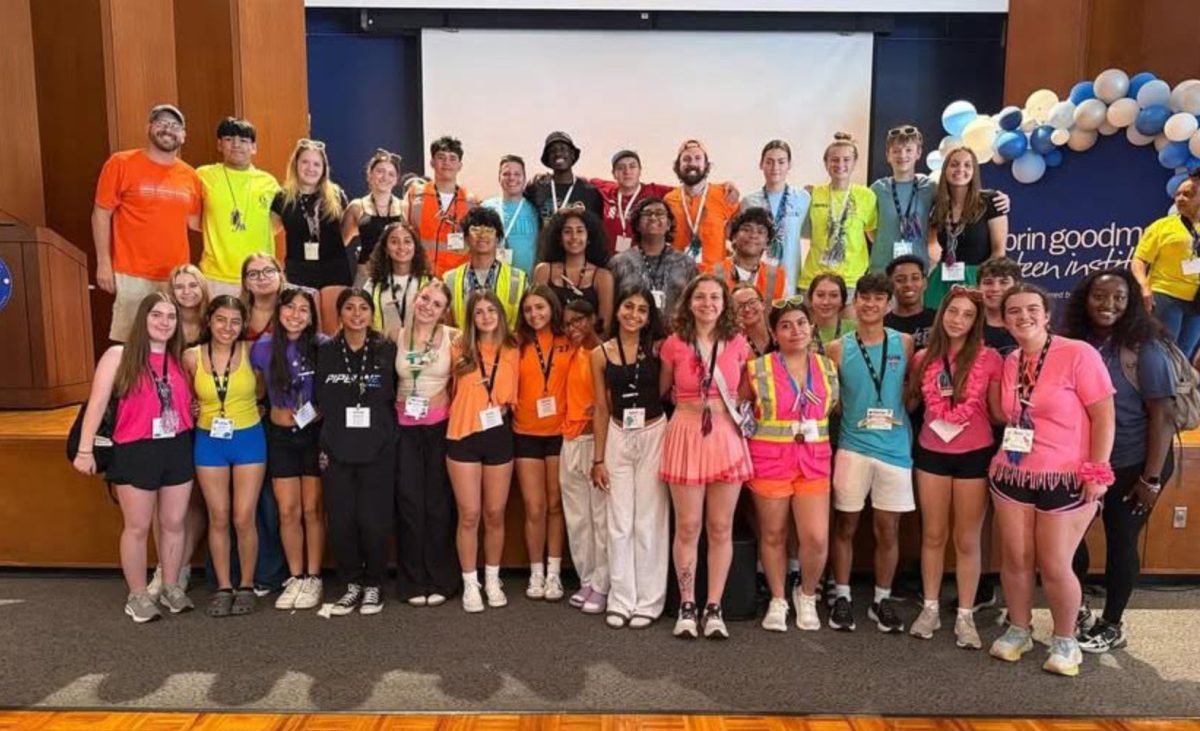Saving Lives, One Pig at a Time
February 25, 2022
On January 7, 2022, a U.S. man, named David Bennett Sr., received a heart from a genetically modified pig at the University of Maryland Medical Center in Baltimore, Maryland.
Just months before Bennett’s surgery, a kidney of a genetically engineered pig was inserted into a brain-dead person, marking a new world of possibilities. Beforehand, research had been done in non-human primates. However, as more organs from genetically modified animals are implanted into humans, researchers will be able to gain a greater basis for future projects.
The surgery, which took eight hours to complete, marked a medical miracle. The heart was the result of 10 modifications: the inactivation of four pig genes and the addition of six human genes. With a shortage of organs due to high demand, patients on the organ donation list die every day as they wait for a valid heart. The New York Times says, “Some 3,817 Americans received human donor hearts last year as replacements, more than ever before, but the potential demand is still higher.” According to Organdonor.gov, “106,530 [people are] on the national waiting list” and “17 people die each day waiting for an organ transplant.” This new step in the medical world could possibly save thousands of lives every year.
New organ transplant techniques are advancing. The formal process of the implantation of a human organ into a human body from a nonhuman animal is called xenotransplantation. Due to recent advances in genetic engineering, technology, such as CRISPR–Cas9 genome editing, has made it easier to develop organs that are not rejected by the human body. Though technology has proved to be a stepping stone in the right direction, ethical and societal issues may hold back potential progress.
Animal welfare issues, such as ensuring the pigs come from medical-grade facilities along with having suitable living and eating conditions, play a major role in the opposition of xenotransplantation. Rejection, another issue, would arise from the human immune system attack against a foreign entity (the organ), causing the body to fight against something needed to help it. The immunological response could result in complications, along with the lingering risk of infection from endogenous viruses, diseases developed from a dormant infectious agent already in the body.
AP Biology teacher Brad Stevens is glad to see this progress in effort to alleviate people’s suffering.
“I hope that this technology can soon be used in place of blood donations, saving even more lives,” said Mr. Stevens
Bennett decided to take the xenotransplantation route after all else failed. He had arrhythmia (irregular heart rate), but was ineligible to go on the heart transplant list and to receive an artificial heart pump. Since his condition was life-threatening, his choices were to either die or receive a heart from a pig. Choosing the latter, it saved his life, possibly changing the face of medicine as we know it today.























